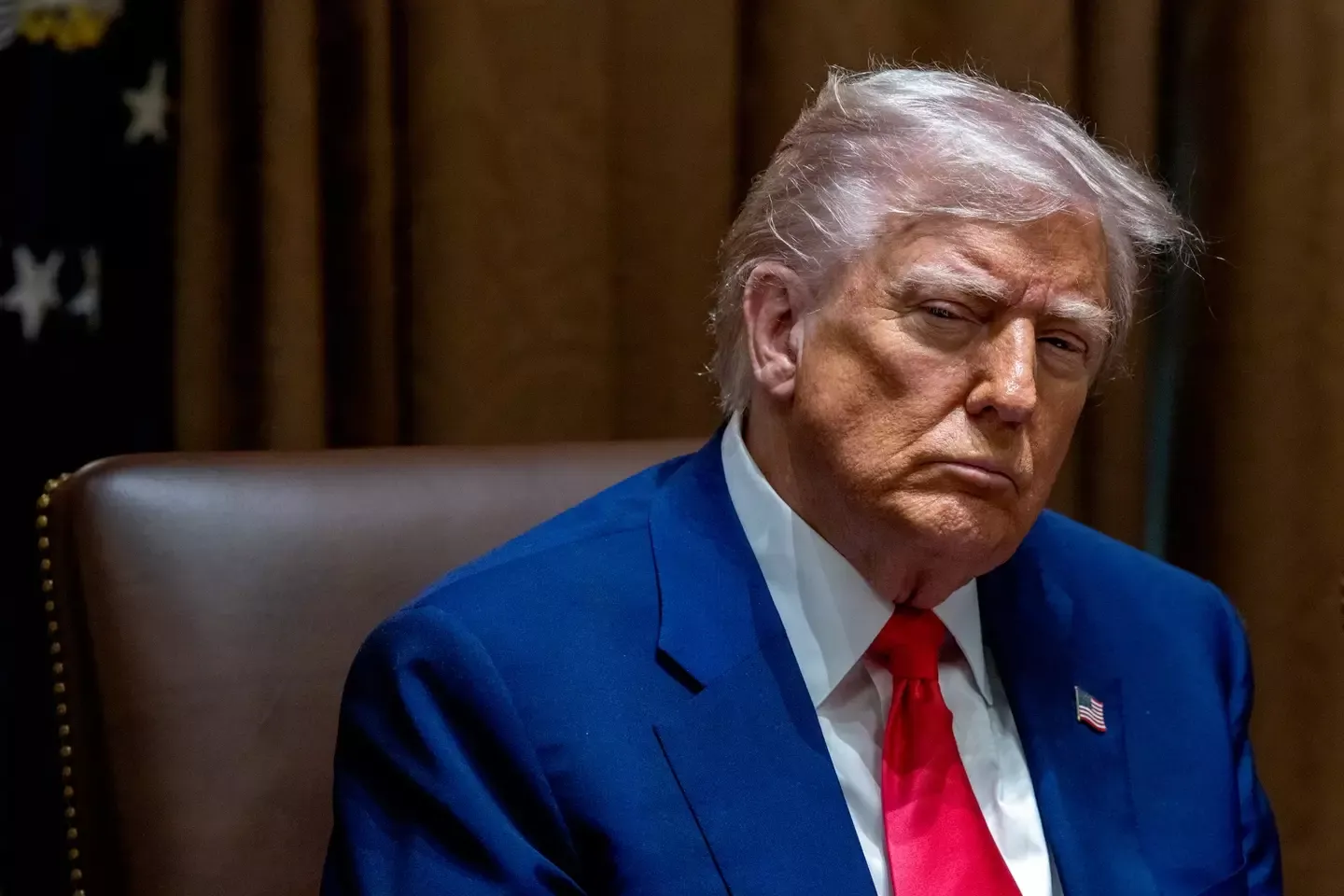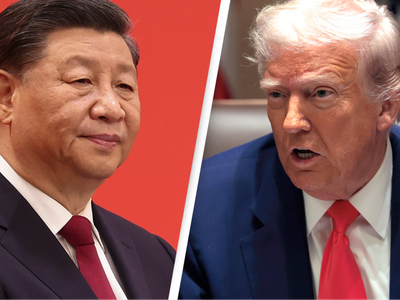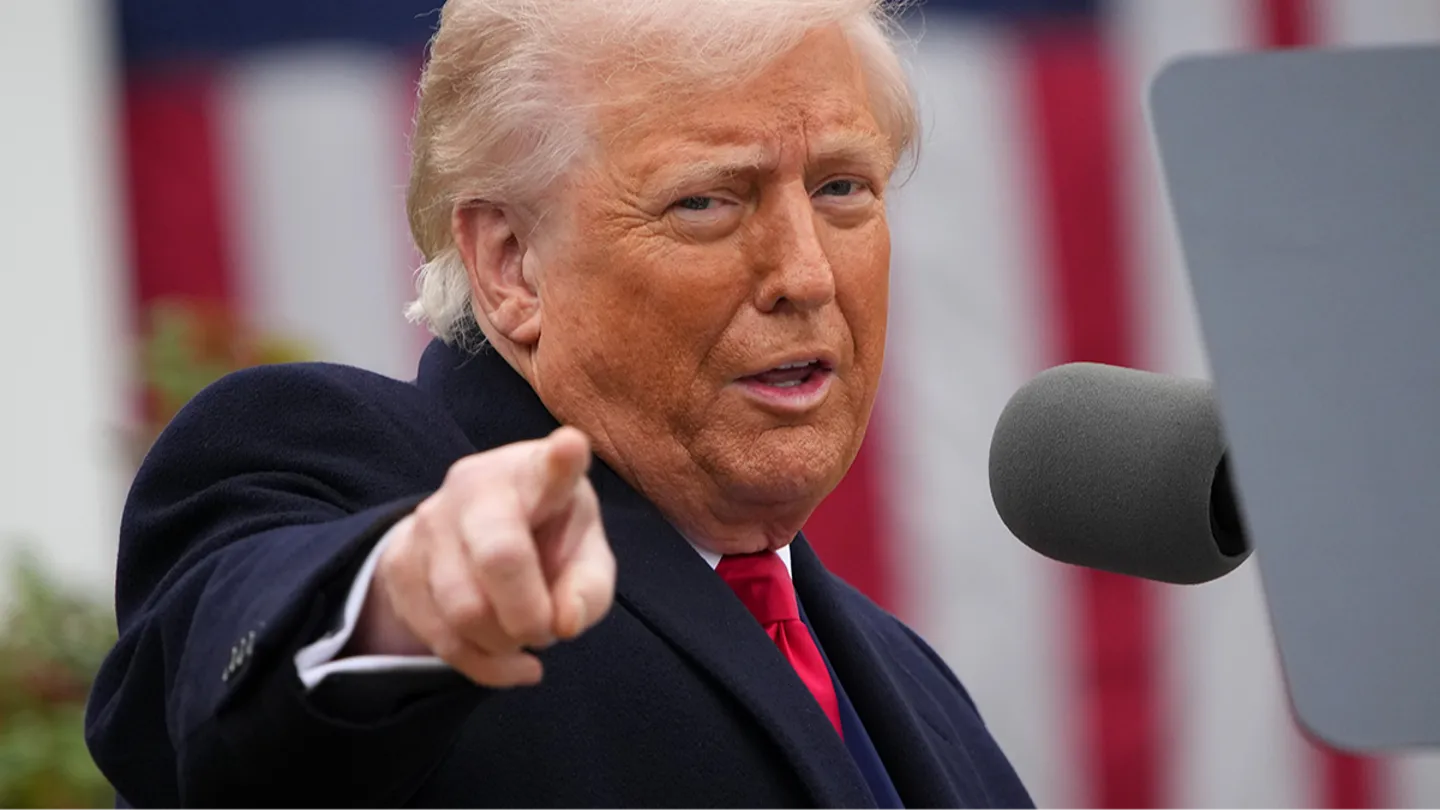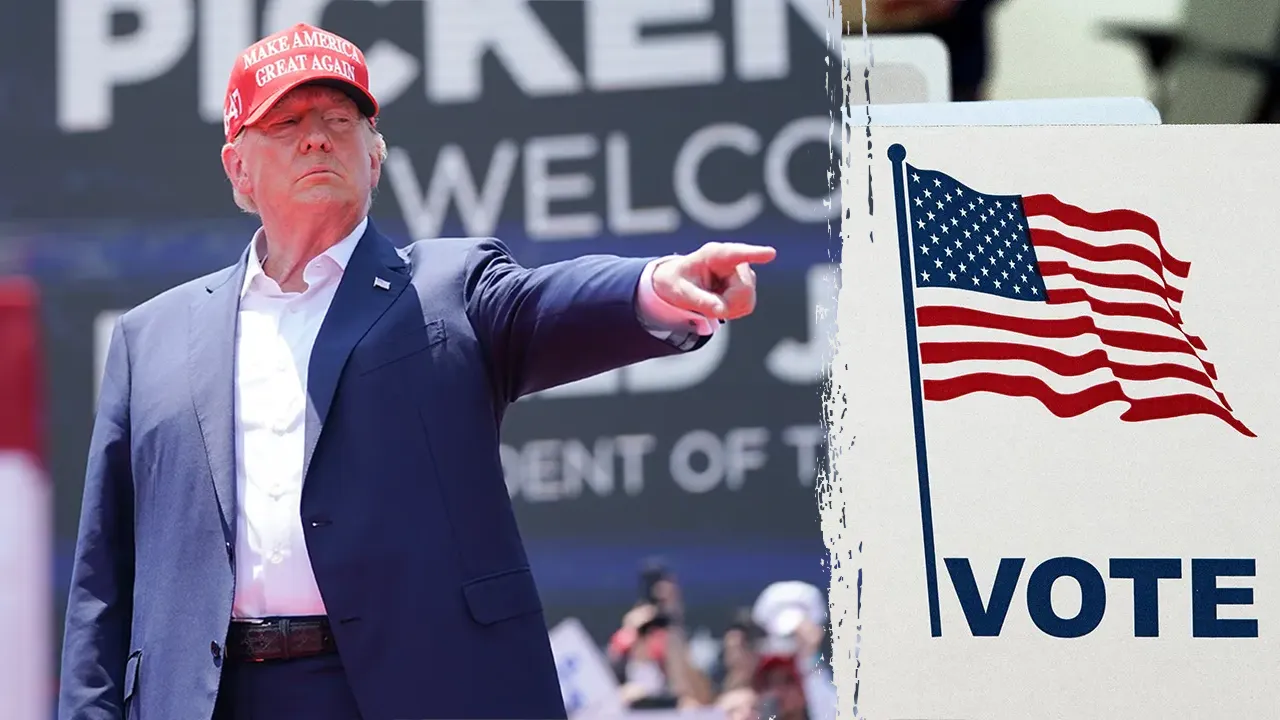China halts exports of critical rare material as Trump tariff war intensifies
Three intel sources report China has suspended rare earth elements exports shortly after issuing an export control list as a counter-measure to Donald Trump's escalating tariff battle. After designating April 2 as 'Liberation Day' for the United States, Donald Trump has launched numerous tariffs on countries worldwide - with China suffering the most severe impact thus far. The United States and China have exchanged tariff blows back and forth, with Trump eventually imposing a massive 145 percent tariff on China while China responded with 125 percent tariffs on the US. China then increased its retaliatory tariffs to 125 percent, cautioning that "US's application of unusually high tariffs on China gravely breaches international trade rules, basic economic principles and logic, and represents pure one-sided bullying and pressure." The nation took further action by announcing limits on rare earth element exports on Friday (April 11).
A collection of seven rare earth elements exists that are vital for defense, electric vehicles, energy and electronics sectors, with China generating approximately 90 percent of global supply, according to Reuters. The US depends on Chinese imports since it operates just one mine for these scarce materials. On April 4, three sources informed the publication that shipments of these seven rare earth elements ceased immediately after Beijing restricted their export - with China's Ministry of Commerce (MOFCOM) and General Administration of Customs releasing Announcement 18 on April 4.

The statement established export controls on seven elements: Samarium, gadolinium, terbium, dysprosium, lutetium, scandium and yttrium. A Chinese rare earth dealer told the publication: "When asked by my clients when their cargoes will be able to leave China, we give them an estimated time of 60 days but it may actually take longer than that." Exporters must now request a license from the Ministry of Commerce before products can exit the country.
Receiving a response about the license reportedly takes six to seven weeks or longer. Although this represents a restriction rather than an outright ban, exports are expected to drop significantly, according to Holland and Knight. The law firm forecasts: "This action will likely cause both immediate and long-term effects on global supply chains, especially for industries that rely on rare earth materials for high-performance magnets, electronics, defense systems, clean energy technologies and advanced manufacturing. The announcement may create supply disruptions, regulatory uncertainty, price increases, faster diversification and onshoring efforts, and compliance requirements."



